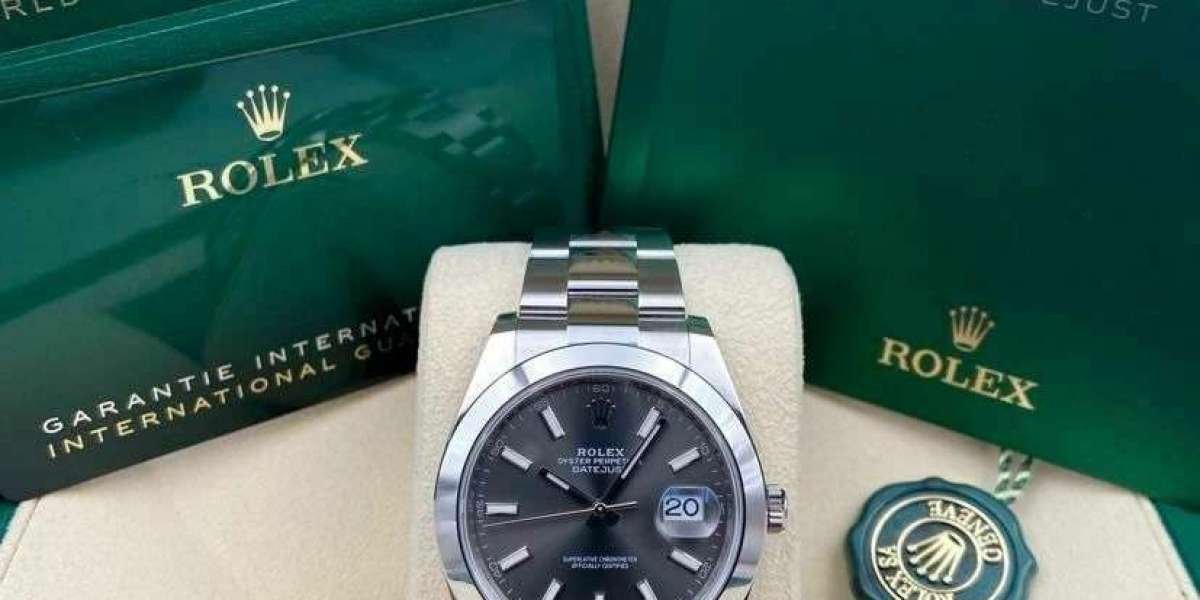Rolex watches are known for their luxury and prestige, with some models commanding excessive prices out there. This has led to the rise of counterfeit Rolex replicas being sold in varied markets around the world. The query that arises is whether it's authorized to promote Rolex replicas, and what the implications are for those concerned in this commerce.
So as to know the legality of selling Rolex replicas, it will be significant to contemplate the mental property rights which are associated with the model. Rolex is a registered trademark, and as such, the company has exclusive rights to make use of the identify and logo on their watches. Which means that selling replica watch watches that bear the Rolex name and logo with out the company's authorization will be considered a violation of trademark laws.
In addition to trademark infringement, promoting Rolex replicas may also be considered a form of counterfeiting. Counterfeiting refers back to the act of producing or promoting items which can be designed to deceive consumers into believing that they are buying a genuine product. Within the case of Rolex replicas, these watches are sometimes made to carefully resemble the original fashions, with the intention of tricking consumers into thinking that they're shopping for an genuine Rolex watch.
Counterfeiting is a severe offense that can have authorized consequences for those involved in the production and sale of counterfeit items. In lots of nations, together with the United States and the European Union, counterfeiting is a criminal offense that can result in fines and imprisonment for those discovered responsible. In addition, companies like Rolex have the right to take legal motion towards individuals and companies that are concerned in the sale of counterfeit goods, in order to guard their brand and fame.
There are additionally moral concerns to take into consideration when promoting Rolex replicas. By promoting counterfeit goods, individuals and companies are contributing to the undermining of legit businesses and manufacturers. This will have a damaging affect on the economy, in addition to on client trust and confidence within the market. It will be important for companies to operate ethically and throughout the confines of the regulation so as to keep up a very good popularity and protect the interests of customers.
In some circumstances, selling replica watches might not necessarily be unlawful if certain conditions are met. For example, promoting replica watches that do not bear the Rolex name or logo, and will not be marketed as being genuine Rolex watches, may not infringe on the company's trademark rights. Nonetheless, it is necessary for sellers to be clear about the character of the products they are selling, and to avoid misleading consumers into thinking that they're buying genuine Rolex watches.
In conclusion, the legality of promoting Rolex replicas depends on a number of things, including whether or not the watches bear the Rolex identify and brand, and the way they are marketed to shoppers. On the whole, promoting counterfeit goods is prohibited and can have severe legal and moral penalties. It can be crucial for people and businesses to operate within the confines of the regulation and to adhere to moral requirements in order to guard their interests and the interests of shoppers.








